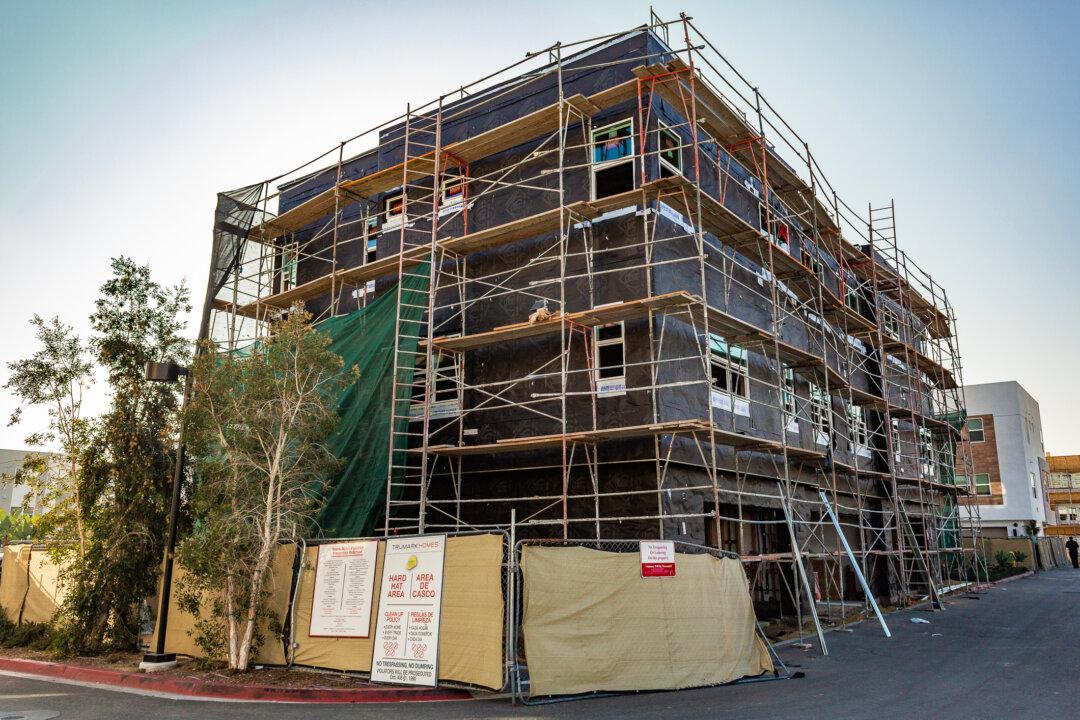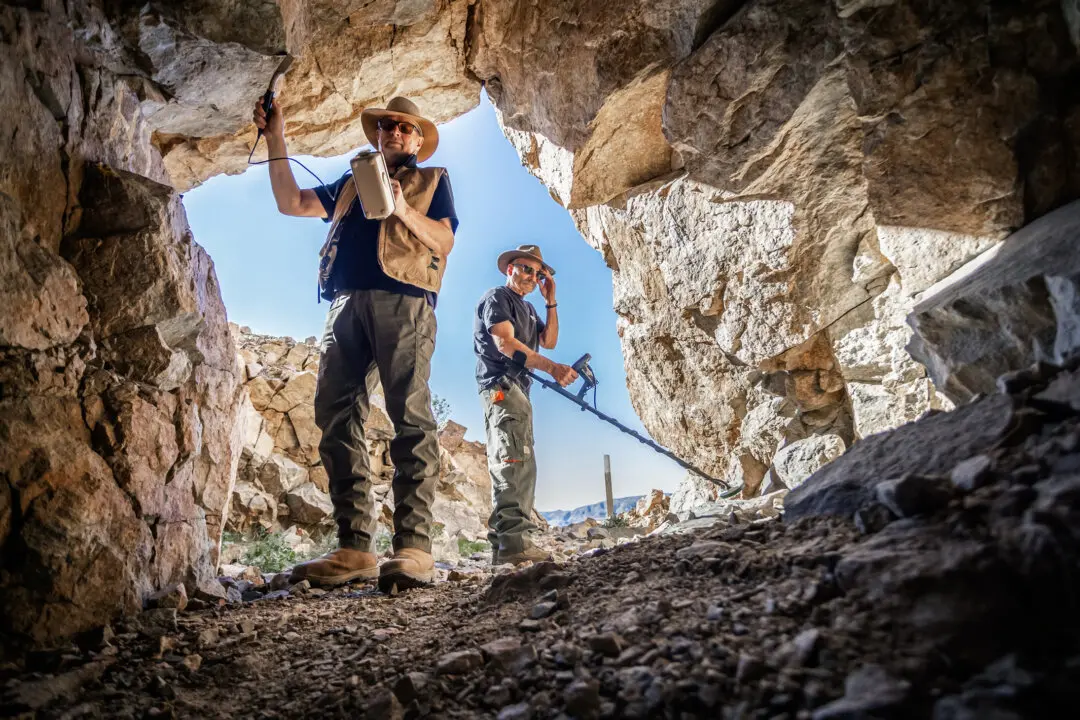A business representative has delivered a mixed economic forecast to members of the Southern California Association of Governments (SCAG) at the group’s current two-week session.
Randall Lewis, a non-voting member and business representative on the council who specializes in real estate, recently gave his regularly scheduled economic assessment to the group, which members say provides accurate information for planning.





